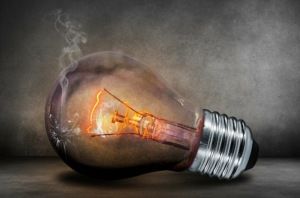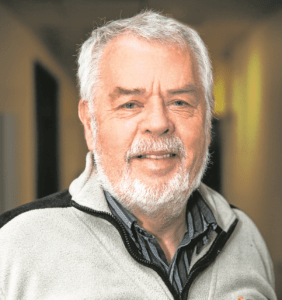Opinion
This Week’s Editorial: Putin changing our lives too
Ejvind Sandal
This article is more than 3 years old.

Europe faces an energy crisis (photo: Pixabay)
The War in Ukraine has impacted most of the world, even if it is a very local war that demonstrates the global village is more than a soundbite, it’s our reality.
U-turn in refugee attitudes
Putin will lose the war, but it will take him a while to realise it. In the meantime, Denmark can expect 100,000 refugees to eventually arrive from Ukraine. Many are already here.
It’s different from what we’ve experienced before, as they are almost all mothers and children, so not whole families, and they want to return home as soon as possible.
In a short space of time, they have turned the political attitude regarding foreigners upside down.
Very different in 2015
Frankly, there is no limit to the levels of friendliness they are encountering. One cannot help recalling the reaction to the Syrian refugees walking down the motorway in 2015. Back then it was a race to the bottom among politicians and journalists to see who could be the most negative and discompassionate.
The media has played a large role. The tales of mothers and children leaving their homes with just a weekend bag and a doll or a teddy bear, fleeing across borders into western neighbour states, has had a massive impact.
It’s a 180-degree turnaround in our attitude. We now wait to see if this sympathy will spread to the Syrian camp children or Afghan translators. At the very least, hopefully it’s a beginning for politicians to dare show their human side again.
Coping with an energy crisis
But even if the politicians are nervous about the arrival of the refugees, there are bigger problems to face.
The sanctions have exposed an energy imbalance in light of Europe’s dependence on Russian natural gas. The prices have been hugely hiked and we could face shortages. But at least it has made us rethink our supply chains, so seen from a climate perspective, this is the makeover we needed anyway.
It’s time for nuclear energy to prevail. Some 50 years ago we denounced it in the same breath as nuclear weapons, but today we happily import nuclear energy and sleep safely at night under the nuclear umbrella of NATO.
Even the gas fields in the North Sea, which were closed and sealed off, will probably be opened for a while to address the shortage.
Inflation a concern again
The energy crisis has seen fuel prices sky-rocketing, along with most other goods, meaning inflation, an irrelevance for the last decade, is now a major concern again.
But there is one benefit: we will soon be able to say goodbye to negative interest rates on bank deposits – a hard nut to swallow, as it’s against everything we ever learned about money and banks.
Importance of institutions
If we have learned nothing else from the War in Ukraine, we now know how delicate our global harmony is and how necessary it is to build institutions to deal with a world of unpredictable leaders such as Putin, Orban and Trump. It underlines the importance of the EU.
It has also reminded us of the importance of solidarity and, when the world is back on its feet, we can face climate change with renewed determination – together with Russia back in the loop as we are all citizens of this: our only world.

About
Ejvind Sandal
Copenhagen Post co-owner Ejvind Sandal has never been afraid to voice his opinion. In 1997 he was fired after a ten-year stint as the chief executive of Politiken for daring to suggest the newspaper merged with Jyllands-Posten. He then joined the J-P board in 2001, finally departing in 2003, the very year it merged with Politiken. He is also a former chairman of the football club Brøndby IF (2000-05) where he memorably refused to give Michael Laudrup a new contract prior to his hasty departure. A practising lawyer until 2014, Sandal is also the former chairman of Vestas Wind Systems and Axcel Industriinvestor. He has been the owner of the Copenhagen Post since 2000.










































